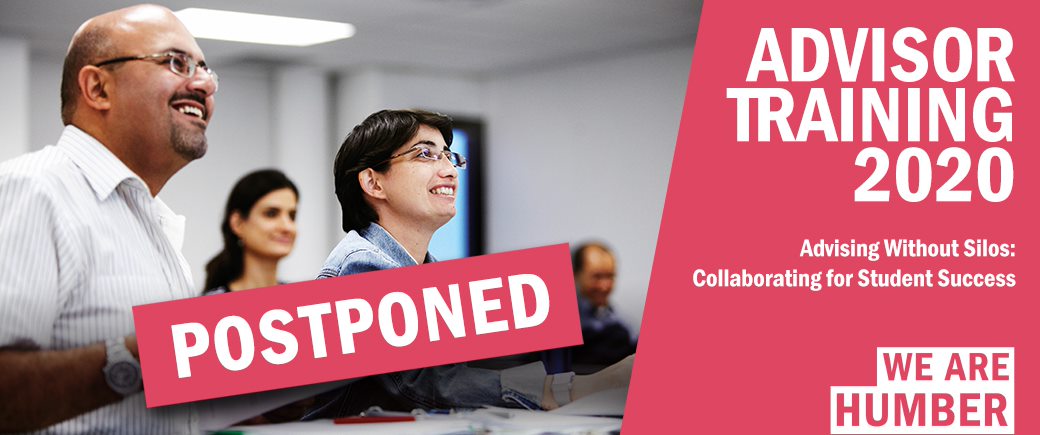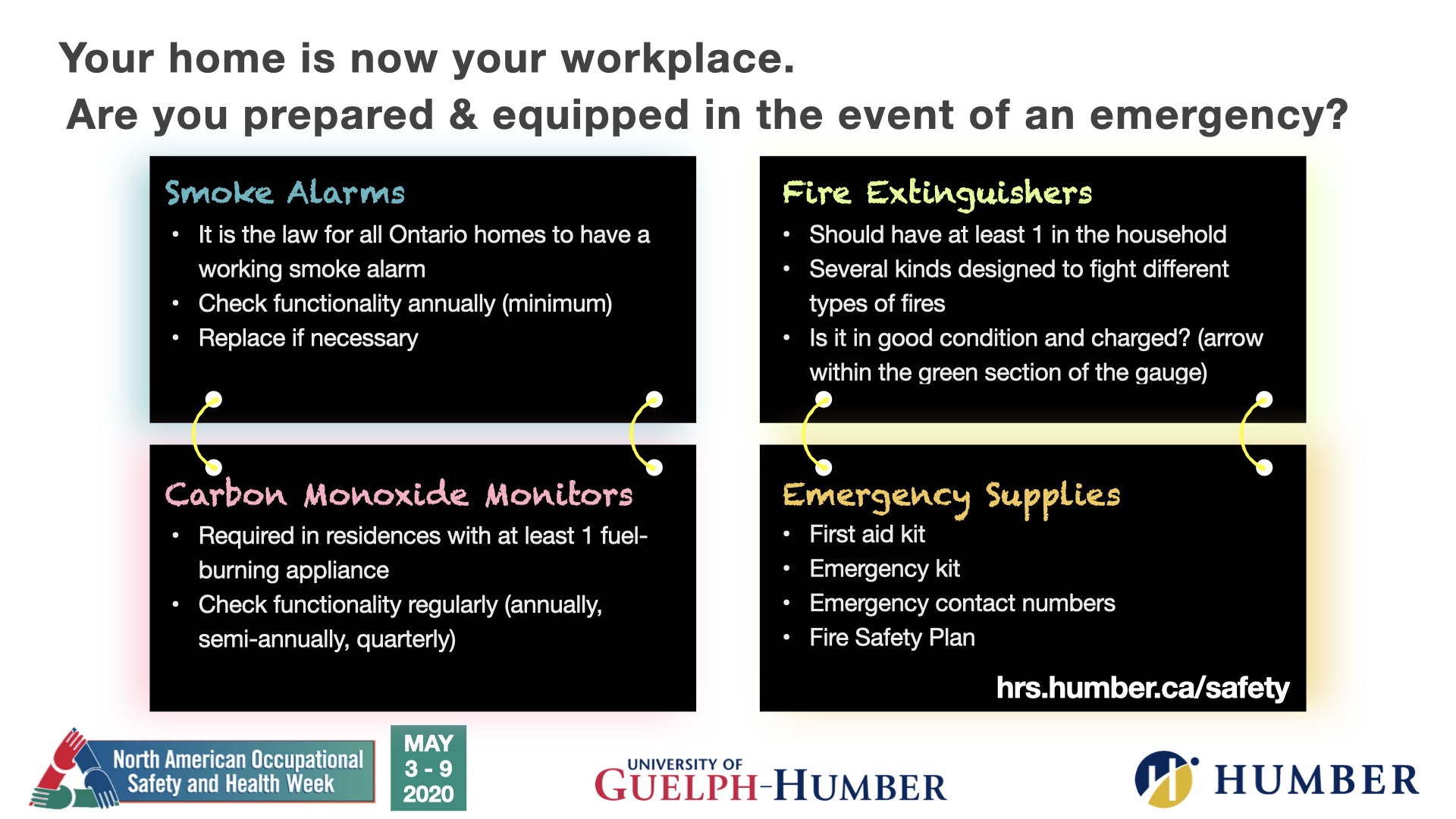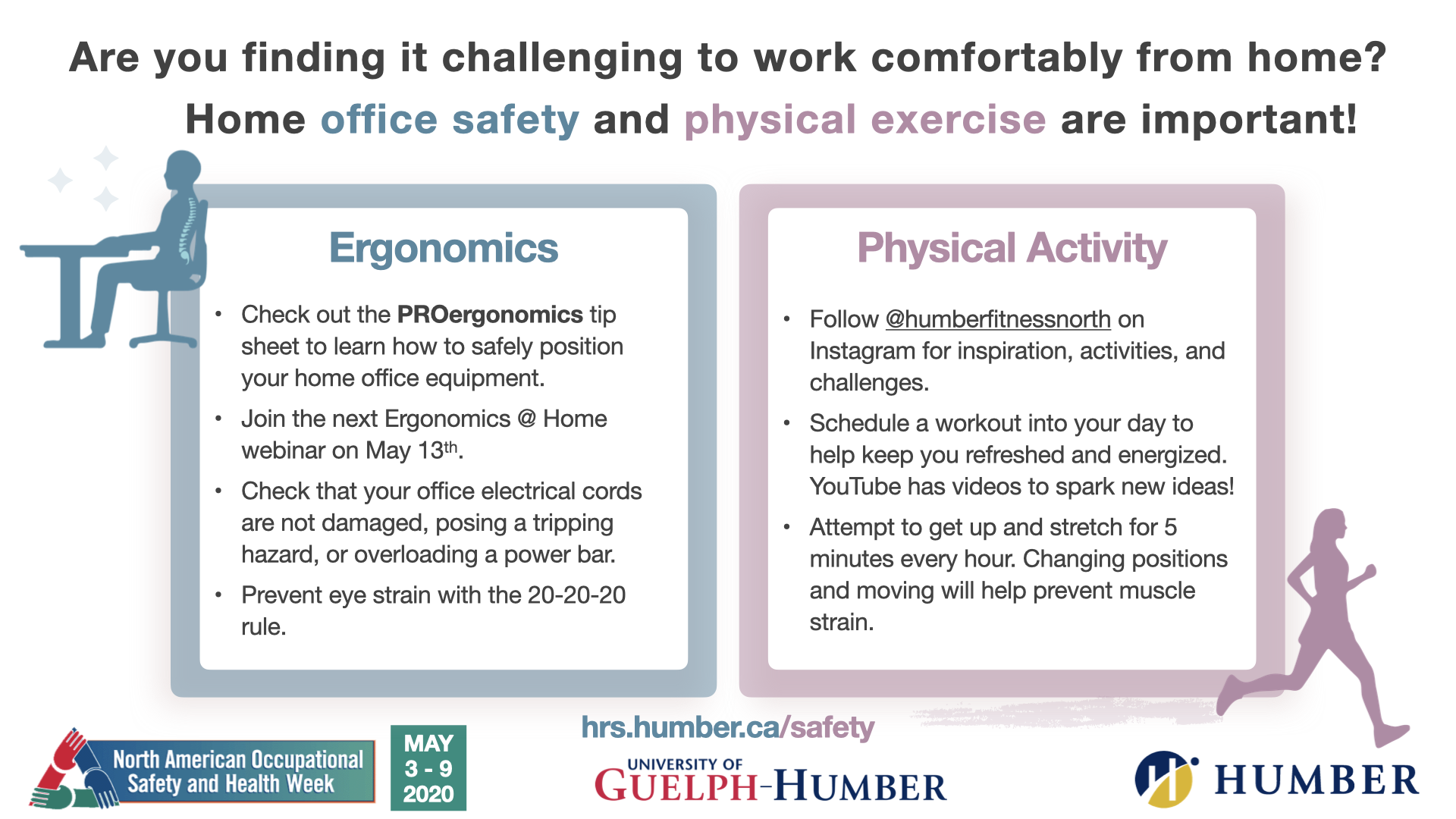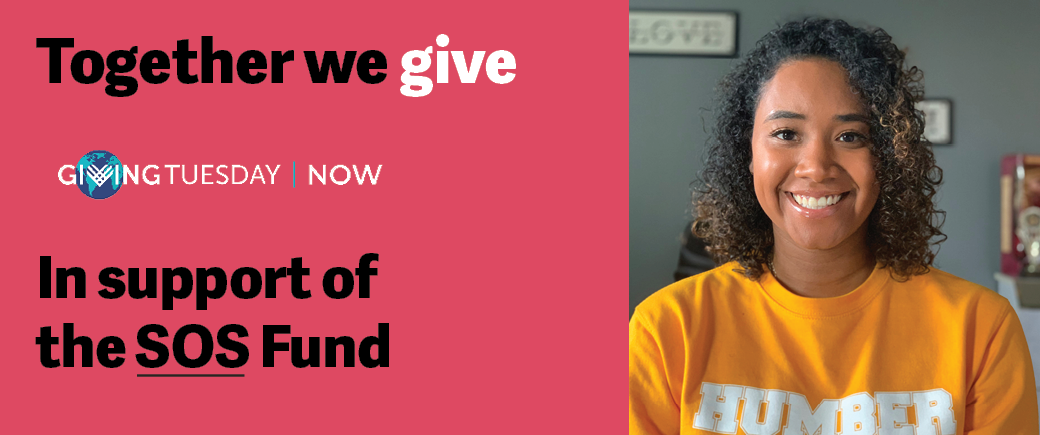Vacation time is an essential part of a healthy work-life balance. We encourage all staff to schedule and plan their yearly vacation allotment in consultation with their manager.
In order to ensure that vacation requests are considered fairly and effectively, please refer to the Vacation Accrual summary document for your group to find out how vacation accruals work within the HRMS and how you can use the accrued vacation days to request and plan for vacation. Key point to consider:
Academic Staff (Article 15 – Vacations)
Click here to read important information regarding the Academic Staff Vacation Accrual within the HRMS.
Click here to view the Academic Staff Collective Agreement.
Full-Time Support Staff (Article 11 – Vacation)
Click here to read important information regarding the Support Staff Vacation Accrual within the HRMS.
Click here to view the Support Staff Collective Agreement.
Part-Time Support Staff (Article 14 – Vacation)
Click here to view the Part-Time Support Staff Collective Agreement.
Administrative (Admin) Staff (Vacations)
Click here to read important information regarding the Administrative (Admin) Staff Vacation Accrual within the HRMS.
Click here to view the Admin Staff Vacation Policy document.
SUMMER HOURS AND STATUTORY HOLIDAYS
Summer Hours
During the period from May to August, where operationally feasible, management has the authority and discretion to establish summer working hours for their employees. These hours may vary from regular operating hours.
Summer hours usually mean that employees continue to work their full number of hours each week, but may start and finish earlier or later in the day. When considering requests for summer hours, managers are encouraged to engage in conversation with their employees to discuss feasible options while ensuring regular customer service is maintained.
Should there be any questions regarding the scheduling and/or taking of vacation, or the observance of holidays, please contact your HR Business Partner.
Summer Early Closings
Early closing days for 2020 will continue, as one way to recognize Humber’s dedicated faculty and staff supporting work-life balance. Conditional upon operational requirements, managers are encouraged to support early Friday closing for statutory holidays that fall on a Monday. Staff who are scheduled to work on the Friday before the holiday Monday, should be encouraged to leave one and a half hours (1.5) early the Friday before the long-weekend, from the end of their regular workday.
Subject to the operational requirements of the division/department, early closures for 2020 apply to the following:
- Friday, May 15 (prior to Victoria Day)
- Friday, July 31 (prior to the Civic Holiday)
- Friday, September 4 (prior to Labour Day)
Staff who are required to work full hours on any of the early closing days shall be given one and a half hours (1.5) off on another day during the summer, to be scheduled by their manager.
Overtime pay on the early closing days shall apply only in situations where employees are required to work beyond their regularly scheduled hours and have the approval of their manager. Any overtime must be submitted and approved using the HRMS.
Statutory Holidays
The College will be closed on the following Statutory Holidays during 2020:
| *Victoria Day |
Monday, May 18 |
| Canada Day |
Wednesday, July 1 |
| *Civic Holiday |
Monday, August 3 |
| *Labour Day |
Monday, September 7 |
| *Thanksgiving |
Monday, October 12 |
Note: The December /January Holiday Closure details to be sent closer the date
Statutory Holiday Pay
Staff required to work on a statutory holiday shall be entitled to paid time and one-half for each hour worked, plus holiday pay or equivalent time off in lieu. Refer to the applicable collective agreement or admin staff policy for further details on eligibility and qualifying rules for statutory holiday pay.
Part-time staff may be eligible for holiday pay, plus time and one half pay, for hours worked on any statutory holiday. To qualify for statutory holiday pay, part-time employees must have worked on their scheduled day of work preceding and following the recognized holiday.
Payments made to all part-time staff shall be equal to the total amount of regular wages and vacation pay payable to the employee in the pay prior to the statutory holiday, divided by the number of days worked in the prior pay period.
Any questions, please contact the HR Support Centre:
Call 416.675.5001
Chat with us at humber.ca/hrchat
Submit an e-form at humber.ca/hrinquiry








